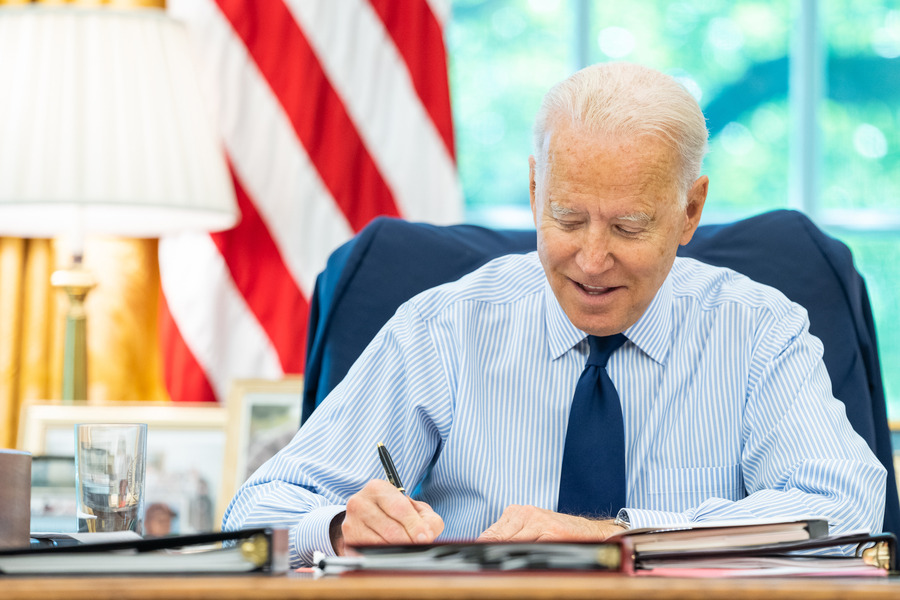Advice From the DC Circuit—Nashiri and Khadr
This past week saw major developments in the Guantánamo military commissions. As Ben reported, on Friday, the DC Circuit published an opinion denying mandamus relief to Omar Khadr. Those paying attention to the military commissions will note the similarity between this opinion and last year’s DC Circuit decision in another detainee petition, that of Al-Nashiri.
Published by The Lawfare Institute
in Cooperation With

This past week saw major developments in the Guantánamo military commissions. As Ben reported, on Friday, the DC Circuit published an opinion denying mandamus relief to Omar Khadr. Those paying attention to the military commissions will note the similarity between this opinion and last year’s DC Circuit decision in another detainee petition, that of Al-Nashiri. Coincidently, this week saw the first movement in Nashiri’s CMCR appeal since that DC Circuit decision nearly a year ago. This leads us to a moment of reflection on the role of the DC Circuit in the commissions and a normative point on judicial restraint in the context of a mixed military-civilian, Executive-judicial system. Just as we get one wheel turning anew, another may have fallen off.
Like Khadr, Al-Nashiri challenged the composition of the United States Court of Military Commissions Review (CMCR), an intermediate appellate court created by Congress in the Military Commissions Act. The CMCR is the step between the commissions at the trial level and review by an Article III court, the DC Circuit. Nashiri argued that the military judges were unconstitutionally assigned to the CMCR in violation of the Appointments Clause. (A detailed account of that case can be found here.) Nashiri asked the DC Circuit to issue a writ of mandamus to remove the military judges. In an opinion by Judge Henderson, the court decided that while it had the power to issue the writ, the law was insufficiently clear to warrant it.
Compare the end of yesterday’s Khadr opinion:
Although we deny the writ, we cannot deny that Khadr has raised some significant questions. We encourage Congress and the Executive Branch to promptly attend to those issues and to make clear, one way or the other, whether the civilians who serve as judges on the U.S. Court of Military Commissions Review may continue to engage in the part-time practice of law and, if so, the circumstances under which they may do so.
With the June 2015 Nashiri decision:
There may be another reason to pump our judicial brakes. Once this opinion issues, the President and Senate could decide to put to rest any Appointments Clause questions regarding the CMCR’s military judges. They could do so by re-nominating and re-confirming the military judges to be CMCR judges. Taking these steps — whether or not they are constitutionally required — would answer any Appointments Clause challenge to the CMCR.
This DC Circuit’s earlier suggestion in Nashiri—that the Executive and Congress should address the problems identified—resulted in at least 10 requests by the prosecution to stay the case while the Executive attempted to heed the DC Circuit’s advice. The result was that an already mired proceeding was at put in a virtual standstill for 11 months.
In May, the moribund Nashiri case finally came back to life. The CMCR docket indicates the following: on May 2, the prosecution requested that the CMCR lift the stay and affirm its previous decisions; on the 16th, the defense asked that the court continue the stay and disqualify the military judges; and on Wednesday, the 18th, the CMCR lifted the stay and set oral argument for June 2. On Wednesday last week, the prosecution filed a supplemental brief on jurisdiction.
None of the documents have yet passed security review, but the docket entries themselves indicate movement in a case that languished for nearly a year. They also indicate that the year hiatus may have been for nothing — that the appointments problem wasn’t fixed after all.
This brings us to Khadr, where again serious problems have been raised and the DC Circuit calls out for the political branches to fix the problems identified. It is very possible that the Executive will, as in Nashiri, seek to stay the CMCR proceedings while it seeks clarity regarding the rules about CMCR judges engaging in private practice. Given Judge Kavanagh’s call for action, and given the importance of remedying these ambiguities, in a rational, functioning government, one would expect action to address the problems identified. In this highly politicized, dysfunctional context, however, such expectations seem naïve, if not foolish. Expect more delays, no fixes by Congress and further challenges on the same issues years down the road.
This is just a symptom of a broader problem. At nearly every turn, the hastily crafted military commission system shows that being novel and untested comes at a great cost in time, resources and ultimately credibility.






